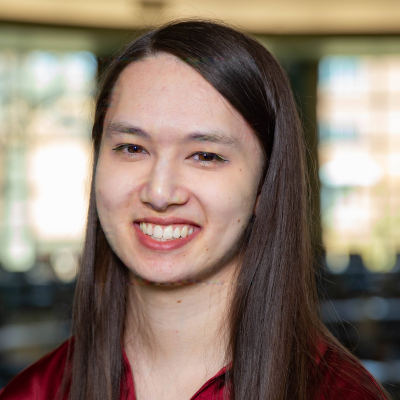Diving into the Role: A Multi-Case Study on Supporting Novice CS Teachers’ Pedagogy and Content Knowledge through Co-Teaching
Yadav, A., Lachney, M., Hill, R., Lapetina, A., Hu, A. D., Jee, H., Allen Kuyenga, M. C. (2024) Diving into the Role: A Multi-Case Study on Supporting Novice CS Teachers' Pedagogy and Content Knowledge through Co-Teaching. Journal of Research on Technology in Education
While computer science is widely recognized as crucial for all U.S. high school students, challenges persist for teachers’ pedagogical content and culturally responsive-sustaining knowledge. In this paper we explore how a co-teaching method shaped three teachers’ understandings of their knowledge while implementing Advanced Placement Computer Science Principle courses. Using a multi-case study methodology, we analyzed semi-structured interviews, pre- and post-surveys for content knowledge, and teachers created artifacts from the three co-teachers to compare their knowledge and experiences. We found that the teachers perceived the co-teaching model as valuable professional development, used pedagogical strategies to fill in content knowledge gaps, and struggled with culturally responsive education. We discuss the implications of these findings for supporting novice CS teachers.
